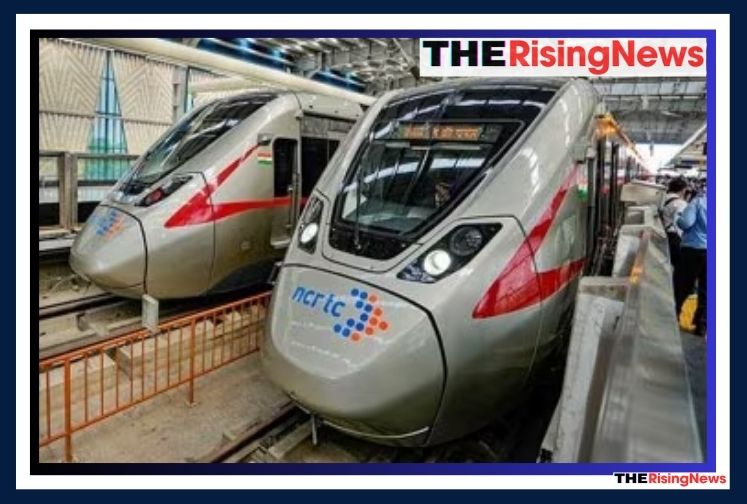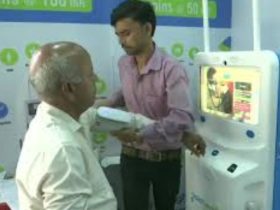GHAZIABAD, August 8, 2024: The National Capital Region Transport Corporation (NCRTC) is revolutionizing public transportation with the introduction of advanced Environment Control Systems (ECS) at four underground stations along the Delhi-Meerut Regional Rapid Transit System (RRTS) corridor. This initiative is designed to significantly enhance passenger safety and comfort.
NCRTC ECS Implementation:
NCRTC will deploy cutting-edge ECS at the following key underground stations:
- Anand Vihar station (Delhi)
- Meerut Central station (Meerut)
- Bhainsali station (Meerut)
- Begumpul station (Meerut)
These stations, located 8 to 23 meters below ground, face unique ventilation challenges due to limited natural airflow. The advanced ECS features include energy-efficient Air Handling Units (AHUs) equipped with ultraviolet-C (UV-C) technology, water-cooled chillers for temperature and humidity control, and carbon dioxide (CO2) sensors for real-time air quality monitoring. These components work together to maintain optimal air quality and ensure a comfortable environment for commuters.
NCRTC Technological Innovations:
- Energy-efficient AHUs: Maintain air quality while minimizing energy loss through electronic motors.
- UV-C lights: Purify the air within the underground stations.
- Water-cooled chillers: Regulate temperature and humidity.
- CO2 sensors: Continuously monitor and manage air quality.
NCRTC Overcoming Challenges:
Each underground station required tailored solutions due to its specific design:
- Meerut Central and Bhainsali stations: Deep and elongated, these stations necessitated specialized ECS setups to effectively manage air quality.
- Anand Vihar station: At just 8 meters deep, the station employs a unique vertical arrangement of ECS fans, showcasing NCRTC’s adaptability.
Impact on Commuters:
- Travel time reduction: The RRTS corridor will reduce travel time between Delhi and Meerut from 3-4 hours to just 55 minutes.
- Increased public transportation usage: Enhanced comfort and safety are expected to encourage more commuters to use public transport.
- Improved air quality: The initiative is likely to reduce road congestion and enhance air quality in the National Capital Region.
Dr. Sudhir Kumar Sharma, a transportation expert at IIT Delhi, praised the project: “NCRTC’s environmental control systems in underground stations set a new benchmark for public transportation infrastructure in India. Their use of energy-efficient systems and advanced air quality management demonstrates a commitment to passenger comfort and sustainability.”
As the Delhi-Meerut RRTS corridor nears completion, it exemplifies India’s dedication to sustainable and efficient public transportation. NCRTC’s innovative ventilation and air quality management systems are expected to serve as models for future projects, enhancing commuter experiences and contributing to urban sustainability.




